News
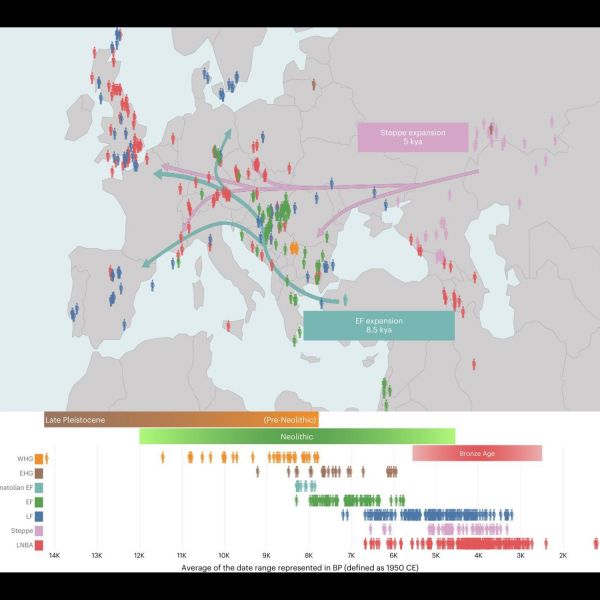
Nov 02, 2022
Ancient genomes reveal hidden history of human adaptation
It is widely believed that the genetics of our human ancestors did not change in response to environmental pressures as much as that of other animals. However, a new study comparing modern human genomes with ancient human DNA finds that certain genetic changes in humans may have been more common than previously thought.
Full Article
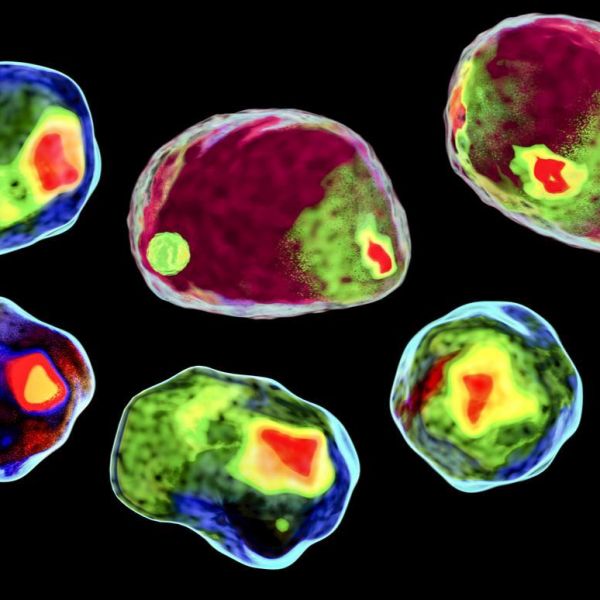
Nov 02, 2022
Flow Cytometry Core Facility provides cell analysis expertise to scientists
The Penn State Flow Cytometry Core Facility on the University Park campus, is equipped with flow cytometers and cell sorters that enable researchers to examine suspended cells within the size range of the submicron to 50 micron. One micron is one thousandth of a millimeter.
Full Article
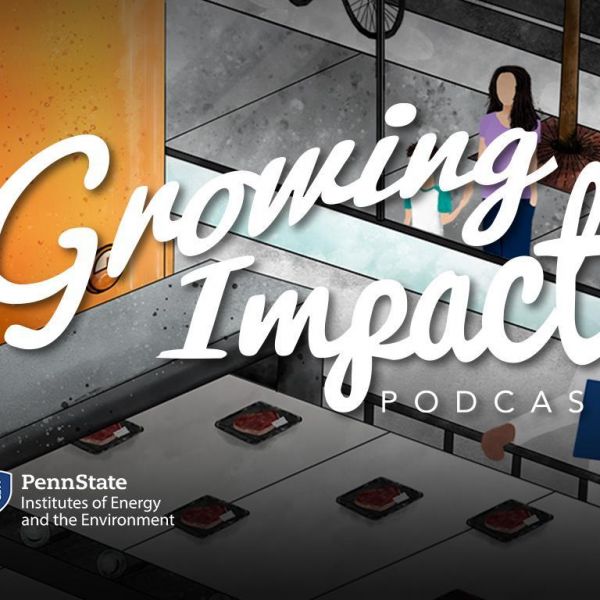
Nov 01, 2022
'Growing Impact' podcast probes world of cellular agriculture, meat production
The latest episode of the "Growing Impact" podcast features Josephine Wee, an assistant professor of food science in the Penn State College of Agricultural Sciences. On the podcast, Wee discusses her work with cellular agriculture and explains how lab-grown meat may be a better alternative to large-scale commercial meat production.
Full Article

Nov 01, 2022
Penn State student competes to expand sustainable agriculture efforts abroad
When Penn State graduate student Divya Pant entered the Miss Nepal North America pageant, it wasn’t simply the crown she was after — it was the opportunity to promote her waste management organization, Carbon Away.
Full Article
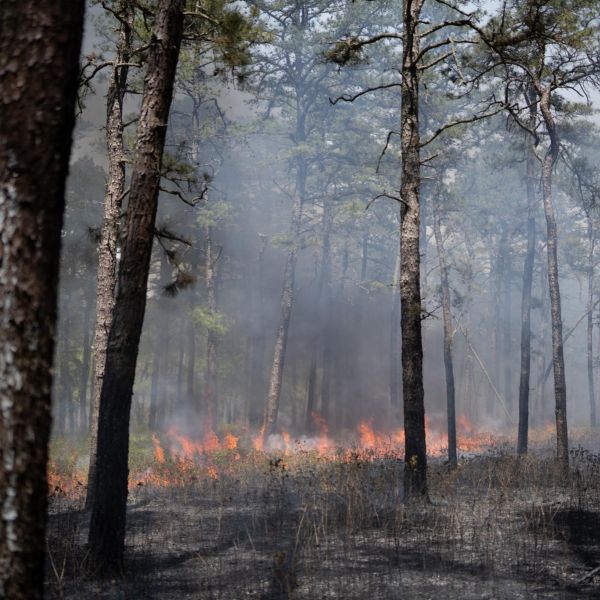
Nov 01, 2022
Fighting fire with fire: Study gauges public perception of prescribed burns
Setting planned, controlled fires — or prescribed burns — on landscapes can reduce wildfire risks and support habitat restoration, but to be successful these policies also require public support.
Full Article
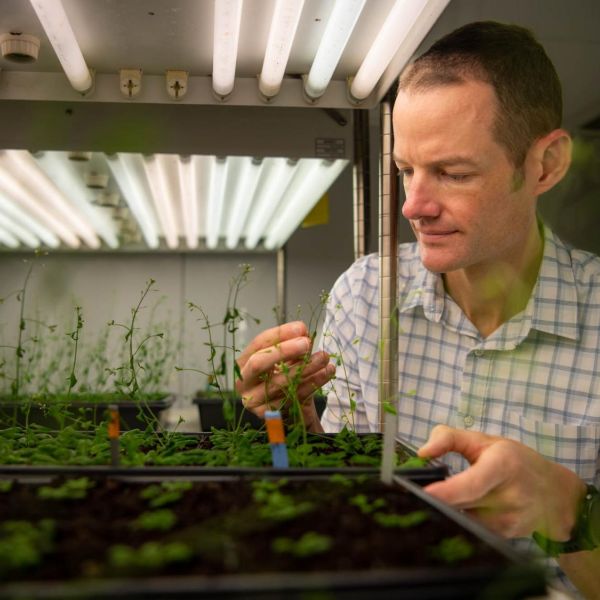
Nov 01, 2022
Scientist sees Penn State as a 'living lab' for climate action
With the University working to draw down greenhouse gas emissions and reduce its carbon footprint, plant biologist Charlie Anderson is likewise advancing the cause of a greener, more-sustainable future through research and advocacy.
Full Article

Nov 01, 2022
NASA-funded research seeks to address vulnerability to extreme heat in cities
A new NASA-funded project will support the development of an internet-based design and planning-decision support platform that will help equitably address urban heat management at the building, neighborhood and city scales.
Full Article
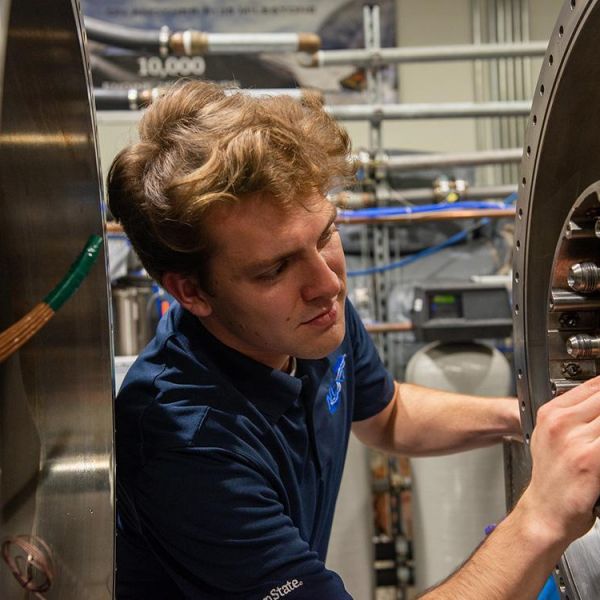
Oct 31, 2022
College of Engineering surpasses $500M in external awards in less than 5 years
The Penn State College of Engineering has surpassed a milestone of $500 million in externally funded research awards since 2019. This sets the college on track to exceed its 2021-22 fiscal year total of $132.4 million in external research awards.
Full Article
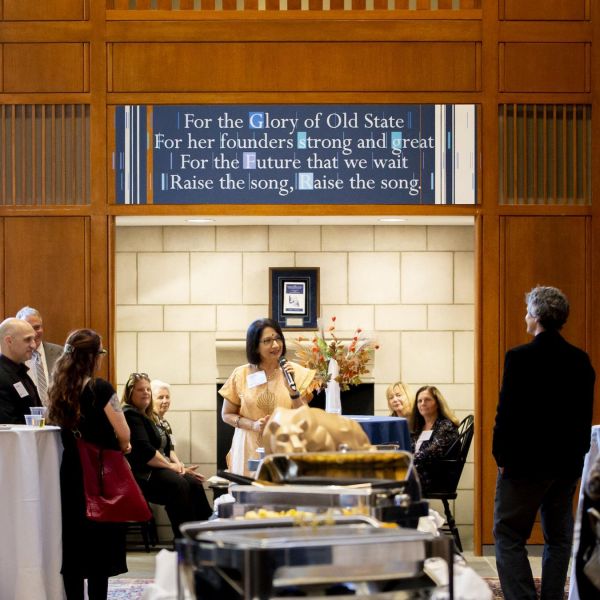
Oct 28, 2022
201 promoted teaching, research and clinical faculty celebrated at event
University leaders praised the critical role of faculty with teaching, research and clinical appointments at an event that celebrated their recent promotions with their families and supporters. Speaking at the celebration, Penn State President Neeli Bendapudi said the University’s core missions would not be possible without non-tenure-line faculty.
Full Article
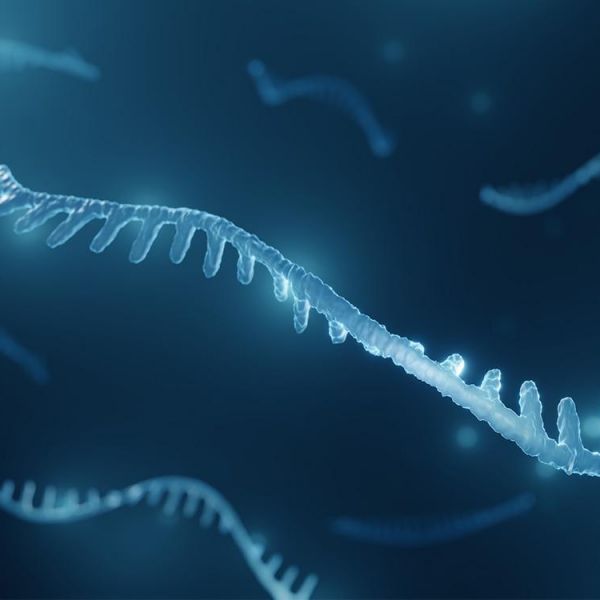
Oct 28, 2022
Tiny magnetic particles fight lung cancer cells on command in lab test
Traditional treatments for lung cancers can have serious side effects throughout the body, but newly developed, highly targeted treatments could reduce damage, according to Penn State researchers. A team led by Dan Hayes developed a method that could lead to one such treatment with magnetic nanoparticles.
Full Article